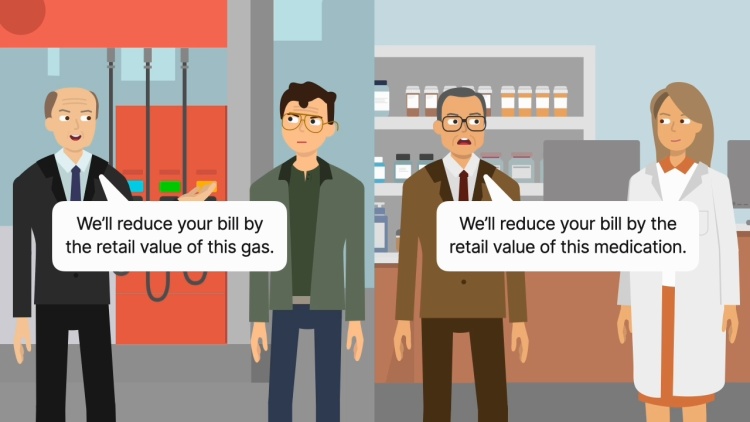Rooney v. Commissioner
United States Tax Court
88 T.C. 523 (1987)
- Written by Heather Whittemore, JD
Facts
Rooney, Plotkin, and Willey (collectively, the partners) (plaintiffs) were partners in an accounting partnership. Occasionally, the partners would obtain goods or services from a client business and reduce the client’s accounting bill by the price of those goods or services. Four of the partnership’s clients—a pharmacy, a restaurant, a gas station, and a plumber—were struggling and did not pay the partners for their accounting services. The partners began patronizing the delinquent businesses, receiving goods and services from the clients and reducing the clients’ bills based on the market value of those goods and services. The partners decided that the goods and services they were getting from their clients were not worth their market values and began subjectively determining their values. The partners then adjusted their clients’ accounting bills to factor in the subjective determinations, meaning that the clients owed more than they would have if their goods and services were calculated at their retail prices. When filing their taxes, the partners calculated their gross incomes based on their subjective valuations of the clients’ goods and services. The partners argued that they would not patronize their clients’ businesses if the clients were not in financial distress, and therefore the retail prices were above the fair market values that the partners would agree to pay otherwise. The Commissioner of Internal Revenue (the Commissioner) (defendant) held that, for the purposes of calculating gross income, the fair market values of the goods and services were the prices that the businesses charged their customers. The partners petitioned the United States Tax Court for a redetermination.
Rule of Law
Issue
Holding and Reasoning (Simpson, J.)
What to do next…
Here's why 907,000 law students have relied on our case briefs:
- Written by law professors and practitioners, not other law students. 47,100 briefs, keyed to 996 casebooks. Top-notch customer support.
- The right amount of information, includes the facts, issues, rule of law, holding and reasoning, and any concurrences and dissents.
- Access in your classes, works on your mobile and tablet. Massive library of related video lessons and high quality multiple-choice questions.
- Easy to use, uniform format for every case brief. Written in plain English, not in legalese. Our briefs summarize and simplify; they don’t just repeat the court’s language.





